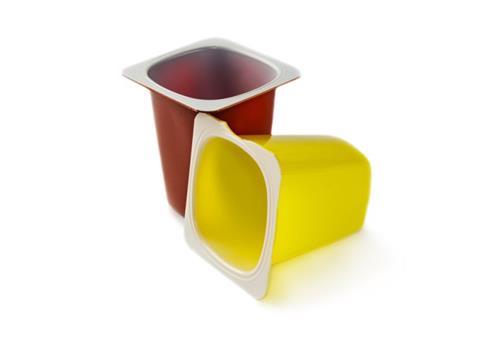
Technical compounder Luxus, has launched a rapid coloured polymer analysis service that tests for ‘end-of-life’ recyclability. It enables producers to discover for the first time if the plastic packaging or products they make can be detected via near-infrared (NIR) sorting.
Each year in the UK 3.5m tonnes of plastics go to landfill because black and coloured plastic cannot be detected by recyclers. Since these plastics feature carbon black and other pigments which strongly absorb infrared radiation, offering little reflectance that renders them ‘invisible’ to sensors.
Peter Atterby, managing director, Luxus, comments: “Design for recyclability is an urgent priority for producers right now. This unique service offers the ability to quickly assess if any coloured plastic item produced can be detected and if not, we will offer a colour matched infrared detectable alternative.”

From this month, brand owners, retailers and packaging producers will be able to ensure that anything from black shampoo bottles to yellow yogurt pots and brown coffee pods can be analysed to find out if they are ‘visible’ via optical sorting methods.
Supporting this innovative service is a new spectrophotometer capable of reading solar reflectance in the NIR spectrum. It enables therefore, the measurement of solar reflectance levels of colourants to ensure that specified polymers do not inhibit near-infrared sorting.
Peter Atterby, explains: “Our service represents a real ‘game changer’ for brand owners and product designers. Since this is the first time that a spectrophotometer is being used to identify near-infrared reflectance levels to achieve the very best NIR sorting wavelengths for plastics that previously would have remained undetected.
“We are able to clearly identify pigment mixes given a near-infrared footprint and then expertly assess every possible colourant combination to meet the challenge of finding the closest and most economically viable colour match for designers, satisfying both aesthetic and plastics pollution concerns.”
The spectrophotometer is also pivotal to NIRSort, a new £1.29m (€1.47m) two year project, co-funded by the European Union’s Horizon 2020 research and innovation programme that aims to tackle our wider plastics waste problem.
With partners Polykemi and One51 it will bring to market a new range of infra-red reflecting (IRR) colourants to be adopted beyond packaging itself. It will address a much broader range of applications including the plastics found in household electrical appliances to automotive components for the very first time.
The initial materials trials for the NIRSort project will be completed in the spring this year.
More info:













